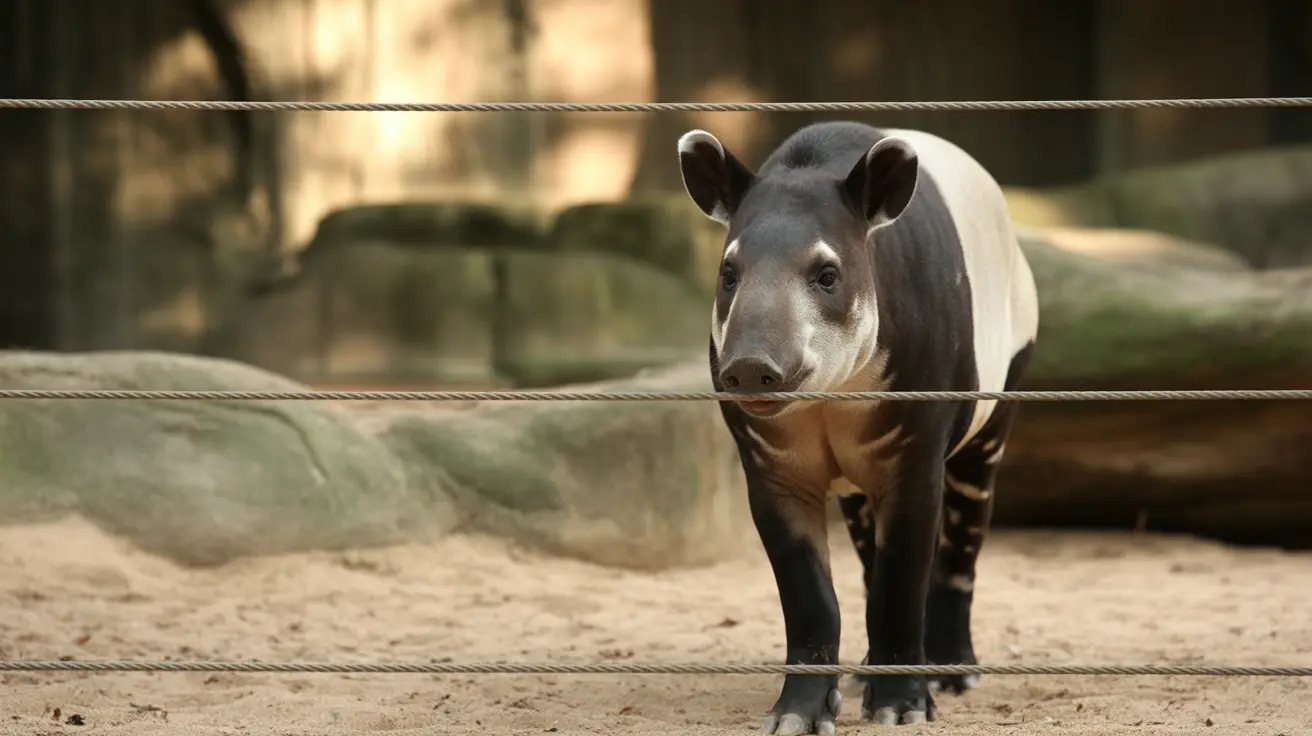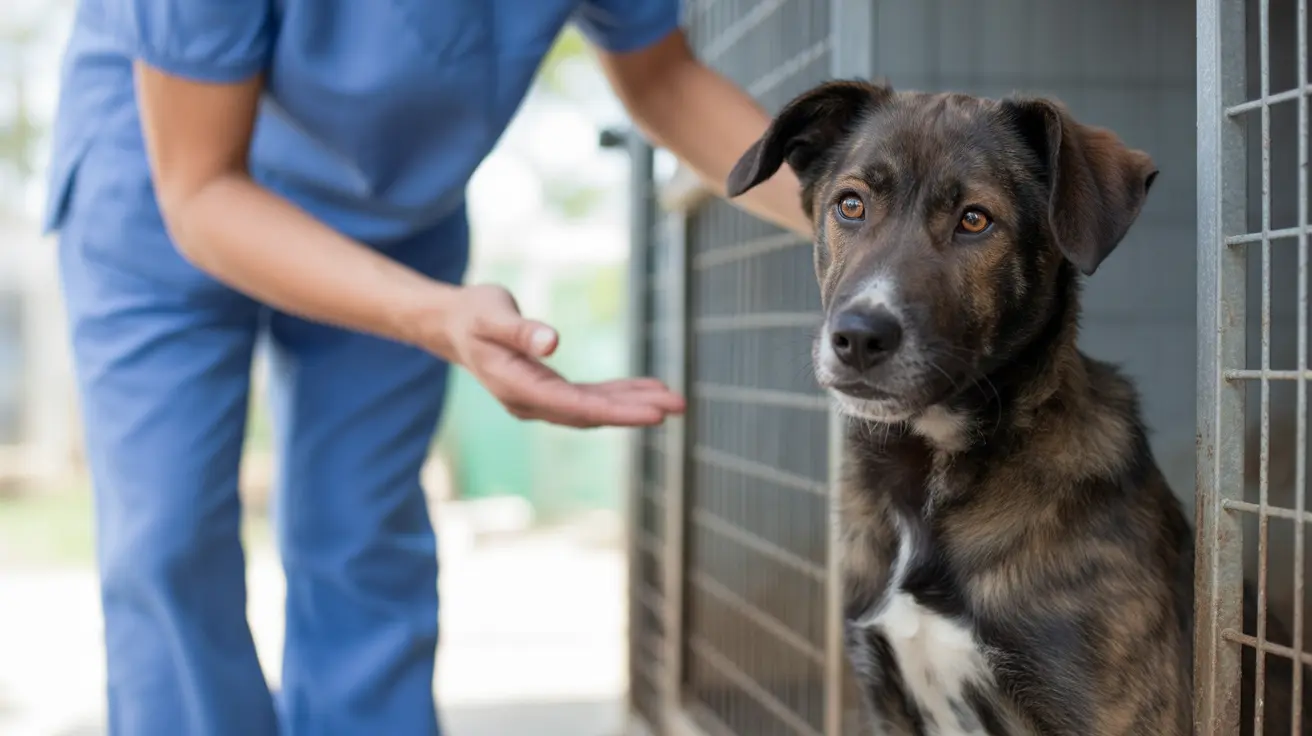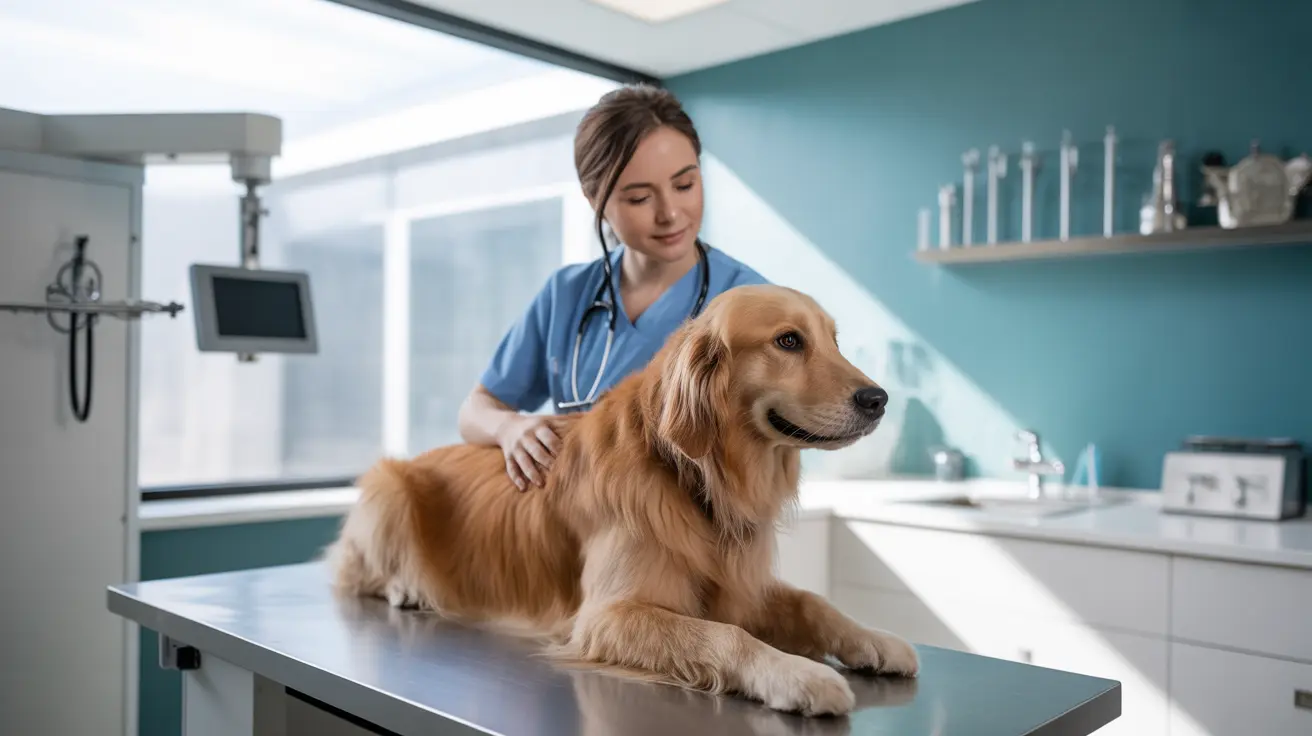The Black Goldendoodle: A Unique Hybrid with Striking Looks
The Black Goldendoodle is an eye-catching variation of the popular Goldendoodle breed, known for its deep, glossy black coat. While most people picture Goldendoodles in shades of cream, apricot, or golden, the black variety stands out thanks to its rarity and dramatic appearance.
Origins and Genetics
This breed is a cross between a Golden Retriever and a Poodle. The black coat comes solely from the Poodle parent since Golden Retrievers can't produce black pigment in their hair. For a puppy to be born with this color, both parents must carry the genes for black pigmentation. The gene responsible is dominant, but because breeders often focus on traditional colors, black Goldendoodles are less common.
If you're looking for a black Goldendoodle, you're more likely to find one in second- or third-generation litters (like F1B), where breeders cross a Goldendoodle with either a black Poodle or another Goldendoodle carrying the right gene.
Physical Characteristics
- Standard Black Goldendoodles: 20–25 inches tall; 50–90 pounds
- Miniature varieties: 13–17 inches tall; 15–35 pounds
The coat can be curly, wavy, or straight—determined by the mix of parental genes. Most have dark eyes and noses that add to their monochromatic charm. Occasionally, you'll see small white or silver 'abstract' markings on the chest, chin, or paws.
Coat Types & Shedding
The coat texture varies widely:
- Curly coats shed least and are best for allergy-prone households—more common in dogs with higher percentages of Poodle genetics.
- Wavy coats offer that classic 'doodle' look and shed less than straight coats.
The key to low shedding lies in the 'furnishings' gene—responsible for longer facial hair and reduced shedding. Dogs with two copies of this gene are typically best for allergy sufferers.
Color Changes Over Time
While many black Goldendoodles keep their rich color throughout life, some lighten due to the 'progressive graying' gene from their Poodle parent. This silvering process can start as early as six months old and may turn the coat charcoal or gray as years go by. Sun exposure and grooming habits also play roles in how vibrant the coat remains.
Temperament & Popularity
Black Goldendoodles are just as friendly and intelligent as any other color variety. They're affectionate, playful, loyal, and eager to please—traits inherited from both parent breeds. These dogs thrive in family settings and get along well with children and other pets. Their temperament makes them excellent choices for therapy work or as support animals.
Exercise & Training Needs
- At least 60 minutes of daily exercise (walks, playtime).
- Mental stimulation through puzzle toys or games prevents boredom.
Their intelligence means they're easy to train but need regular challenges to stay engaged and avoid destructive behavior.
Grooming & Maintenance
- Brush two to three times per week to prevent mats.
- Bathe every four to six weeks (or as needed).
- Professional grooming every six to eight weeks keeps their coat healthy.
Dogs with curlier or longer coats might need more frequent attention—especially during seasonal changes. Don't forget regular teeth brushing and nail trims!
Hypoallergenic Qualities
A major draw of all Goldendoodles—including blacks—is their reputation for being low-shedding and hypoallergenic compared to many breeds. However, it's coat type (not color) that matters most here: curly or wavy coats are best for allergy-sensitive homes. Still, no dog is completely allergen-free; saliva and dander can cause reactions in some people.
Lifespan & Health Considerations
- Lifespan: 10–15 years with proper care
Common health issues include hip dysplasia, ear infections, and eye conditions inherited from parent breeds. Regular vet check-ups, good nutrition, exercise, and attention to inherited concerns help ensure long-term health.
Cost & Availability
- $2,000–$5,000 depending on lineage, size, coat consistency, breeder reputation
Miniature sizes or those with especially consistent black coats may cost more due to rarity.
Boutique Breed Status & Recognition
The American Kennel Club doesn't recognize any color of Goldendoodle as purebred; however, several designer breed registries do accept them. Breeders use genetic testing to better predict both color outcomes and shedding tendencies in puppies.
Coat Patterns & Markings
- Solid black is most common in this variety.
- 'Abstract' markings: small white/silver patches on chest/paws/chin.
'Phantom' patterns feature tan/red accents above eyes/muzzle/chest/legs on a black background—a rare but striking look!
A Standout Companion Dog
If you want an affectionate pet that's smart enough for advanced training yet gentle enough for families—and you love unique looks—a Black Goldendoodle might be your perfect match. Just be ready for regular grooming sessions and plenty of playtime!





